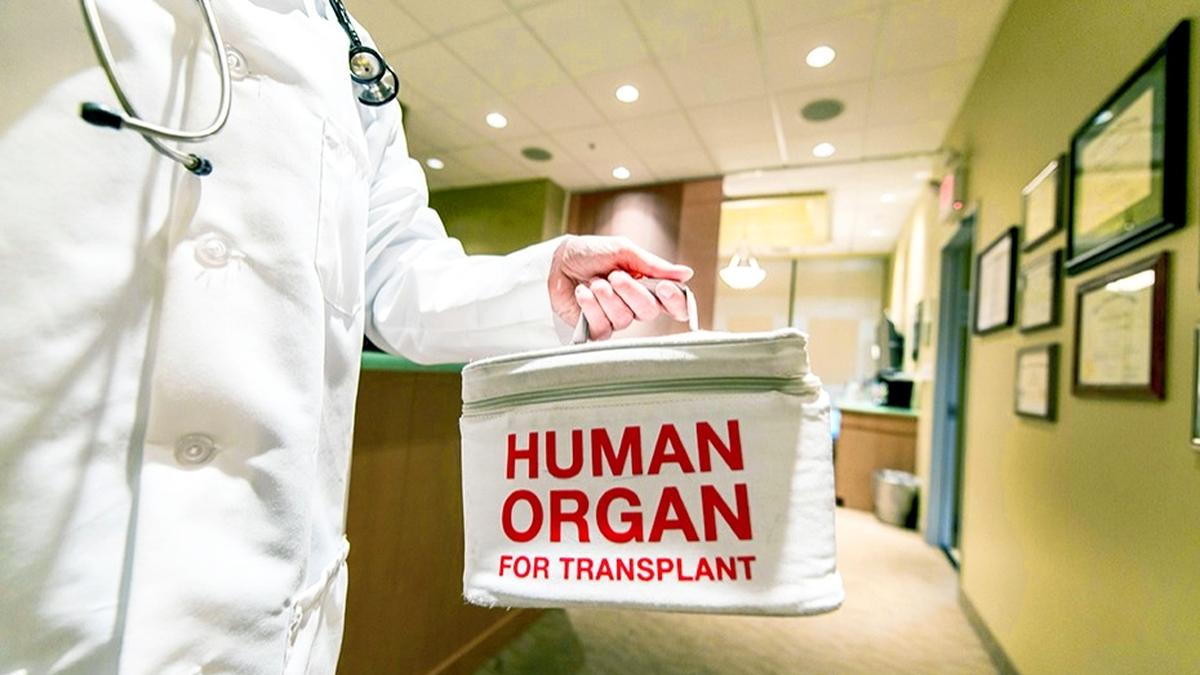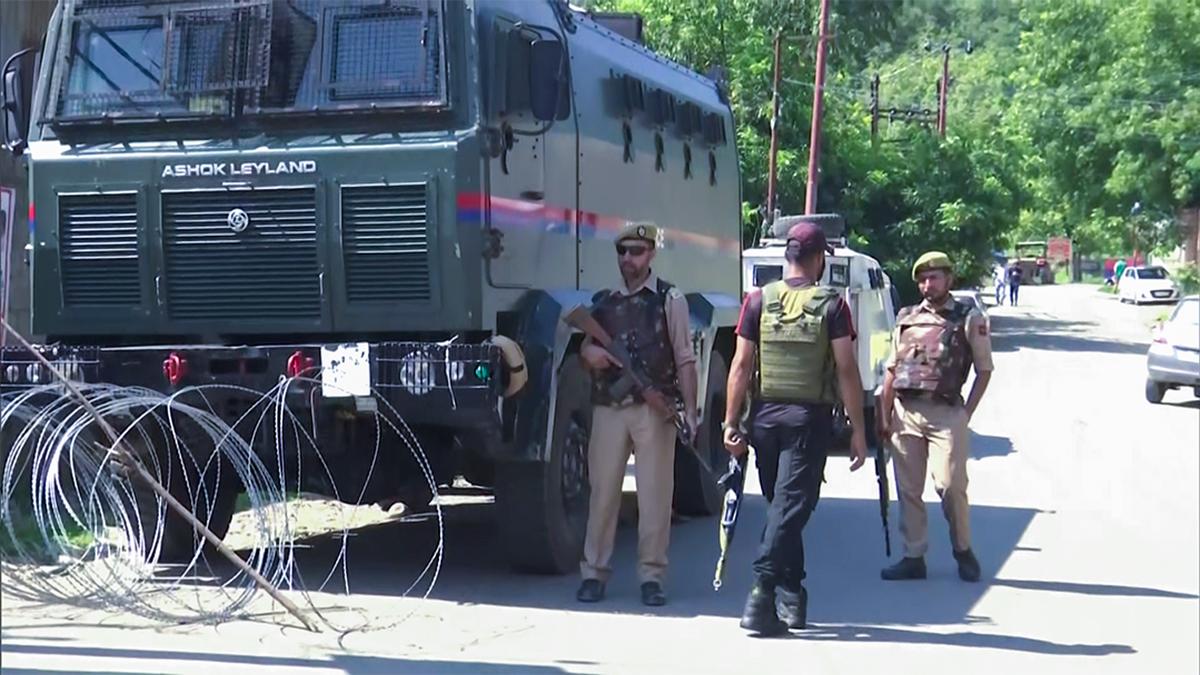Now Reading: Panel Recommends Revoking Kidney Transplant Licences of Two Hospitals
-
01
Panel Recommends Revoking Kidney Transplant Licences of Two Hospitals
Panel Recommends Revoking Kidney Transplant Licences of Two Hospitals

Speedy Summary
- A committee investigated an illegal kidney sale racket involving two hospitals: Dhanalakshmi srinivasan Medical College and Hospital (Perambalur) and Cethar Hospital (Tiruchi).
- The committee recommended canceling the kidney transplant licenses of these hospitals and taking legal action against brokers Anandan and Stanley Mohan under Bharatiya Nyaya Sanhitha.
- the inquiry revealed fake documents were prepared with hospital consent to facilitate illegal transplants,including contributions from district-level committees responsible for living donor organ transplant approvals.
- Recommendations include:
– Reconstituting State-level and district-level organ transplantation authorisation committees.
– Creating a Standard operating Procedure for live donor transplants, explaining risks to donors, using online interviews when recipients cannot appear in person, retaining medico-legal documents for 10 years, and printing forms in Tamil and English.
– Monitoring villages or taluks with repeated transplant applications, involving local collectors in awareness campaigns about live donor donation protocols.
– Educating hospitals, doctors, and administrative staff about compliance guidelines regularly.
Indian Opinion Analysis
This incident sheds light on systemic weaknesses within India’s healthcare governance concerning organ transplantation. From forged documentation to apparent complicity of medical institutions in illegal activities, the findings underscore a pressing need for tighter controls on regulatory processes. The panel’s suggestions reflect practical measures to foster greater clarity-from restructured oversight committees to mandatory record retention policies.
The implications are significant: stricter enforcement of guidelines can restore public confidence in ethical medical practices while protecting vulnerable donors from exploitation. Focused implementation of reforms like SOPs may deter malpractice but requires robust training programs for stakeholders across all levels-district officials to hospital staff. Awareness campaigns targeting rural areas will also be essential given the high vulnerability of marginalized communities.
Ultimately,reinforcing regulatory safeguards will contribute toward ethical healthcare advancement in India. Moving forward efficiently depends on judicious execution without delays amid institutional inertia.
Read more: [Source Link]()























